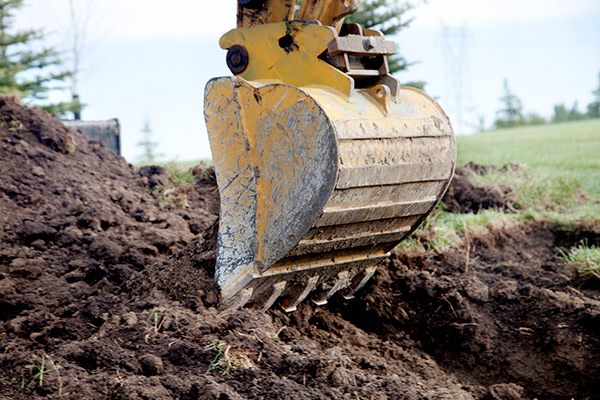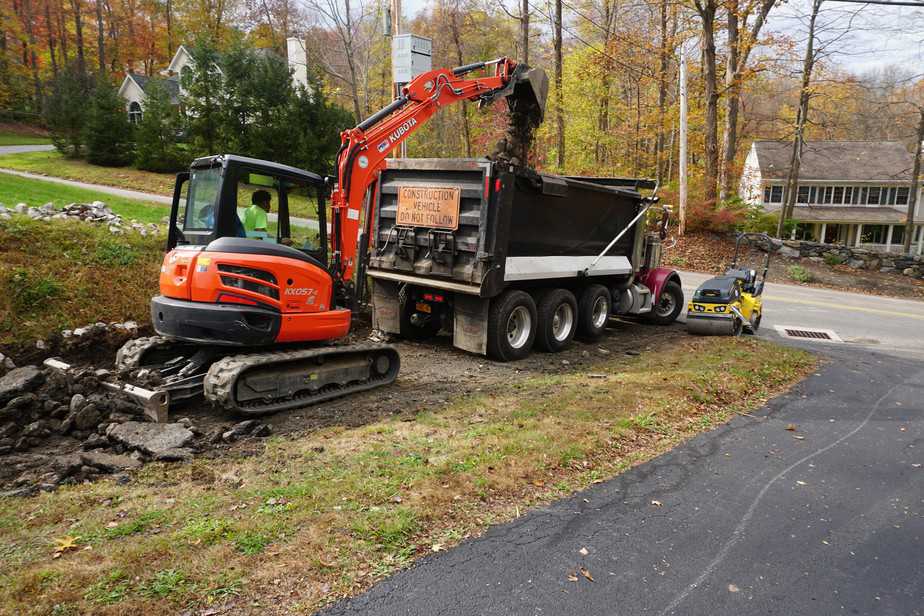Comprehensive Excavation Methods: Understanding the Basics for Success
In the world of building and civil design, the significance of efficient excavation approaches can not be overstated. The careful preparation, specific execution, and careful focus to information required in excavation jobs require a comprehensive technique that incorporates numerous fundamental aspects. From preliminary dirt evaluation to the execution of precaution and routine progression surveillance, mastering these core elements is crucial for accomplishing success in any kind of excavation undertaking. However, the true mastery lies not merely in understanding these fundamentals but in perfectly integrating them to navigate the complexities of excavation projects with finesse.
Understanding Excavation Project Planning

The first phase of any excavation job is the preparation phase, where essential decisions are made that can considerably affect the result of the job. Comprehending the task scope, timeline, and spending plan restraints is crucial for creating a comprehensive excavation plan that guarantees the task's success.
One key element of excavation task planning is the growth of an in-depth timeline that outlines the series of tasks, due dates, and milestones. By thoroughly taking into consideration all these elements throughout the planning stage, excavation tasks can be executed effectively and properly, leading to successful results - dump truck companies in ohio.
Soil Analysis and Website Evaluation
Carrying out detailed soil analysis and site analysis is a crucial action in the prep work stage of any type of excavation task. Soil analysis includes establishing the make-up, structure, and residential or commercial properties of the dirt at the excavation website. This information is vital for understanding the dirt's bearing ability, dampness material, and possibility for erosion, which are key consider identifying the excavation approaches and tools required for the task.
Website assessment exceeds dirt analysis and includes a wider evaluation of the general site conditions. This assessment includes identifying any type of prospective risks, such as underground utilities, environmental concerns, or unpredictable surface, that can affect the excavation process. By completely assessing the site, task supervisors can establish efficient excavation techniques that prioritize safety, performance, and ecological defense.
Making use of innovative modern technologies like ground-penetrating radar, soil sampling, and drone studies can boost the accuracy and efficiency of dirt evaluation and website assessment. Investing time and sources in these preliminary steps can inevitably save time and prevent pricey hold-ups or complications throughout the excavation process.
Equipment Option and Usage
Efficient excavation projects count heavily on tactical equipment choice and utilization to make sure optimal performance and productivity. Choosing the ideal devices for the job is important in optimizing effectiveness and reducing downtime. Variables such as the type of soil, deepness of excavation, and job extent play a considerable role in establishing the most ideal equipment for the job at hand.

Along with selecting the suitable equipment, proper usage is essential to job success. Operators should be trained to deal with the equipment check over here securely and successfully - excavating ohio. Regular maintenance checks and timely fixings aid protect against failures and make certain consistent performance throughout the job
Safety And Security Actions and Rules Conformity
In the world of excavation tasks, prioritizing precaution and compliance with guidelines is extremely important to ensuring a legally sound and safe and secure functional atmosphere. Security procedures encompass a variety of methods, including carrying out detailed site analyses, executing proper signs and obstacles, and supplying adequate safety and security training for all workers entailed in the excavation process. Adherence to regulations, such as OSHA needs in the United States, makes certain that the excavation job fulfills the needed standards to secure workers, onlookers, and the surrounding setting.

Tracking Progress and Adjusting Methods
Just how can forecast supervisors effectively track the improvement of excavation projects and adapt their techniques as webpage necessary to optimize results? Surveillance progress is crucial for ensuring that excavation tasks remain on track and meet due dates.

Conclusion
In conclusion, mastering the principles of comprehensive excavation approaches is crucial for the success of any job. By recognizing job planning, assessing soil and site problems, selecting proper tools, abiding by security regulations, and checking development, task managers can make certain a efficient and smooth excavation procedure. Executing these strategies will bring about successful results and minimize prospective threats or problems during the excavation job.
The initial phase of any kind of excavation project is the planning phase, where critical decisions are made that can substantially influence the outcome of the job. Recognizing the project timeline, scope, and budget plan constraints is important for developing a comprehensive excavation strategy that makes certain the project's success.
Exactly how can forecast managers efficiently track the advancement of excavation projects and adapt their techniques appropriately to optimize end results? By very closely monitoring progress and being willing to adjust approaches, project supervisors can boost the overall success of excavation projects.
By comprehending project planning, assessing dirt and website problems, choosing proper equipment, complying with safety guidelines, and monitoring progress, project supervisors can ensure a effective and smooth excavation process.